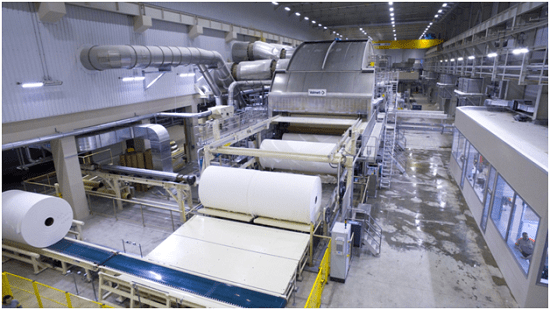
Technology is taking over our lives at an alarming rate. The things that used to be done traditionally are now being done by machines. Sounds cool, right? However, it does not sound so cool to those whose jobs are being taken over by machines. What are we talking about? We are talking about the tasks that do not need to be done by humans anymore.
If you still have no clue what we are referring to, you can visit blog like huffpost to find out the jobs that will most likely be rendered obsolete by 2030:
1. Travel agents
Once upon a time, you had to go to a travel agent’s office and look at several brochures before you decided where you want to travel to. Now, all you need to do is to go online and look at several tourist destinations. In a couple of years, travel agents will not have any purpose.
Everything they do has been taken over by technology and can be done online. From booking tickets to figuring out the tourist hotspots and even booking a hotel or resort, all that can be done online. However, there is hope for you yet. You can stay afloat by focusing on your online presence and giving more offers online.
2. Cashiers

Gone will be the days when you had to have a cashier behind the till. With people embracing cashless payment systems, the need to carry and use physical cash is becoming irrelevant. There are already self-service tills in supermarkets and food franchises. In a few years, the relevance of having cashiers will not be seen.
3. Librarians
You will always have access to books in the library even with the popularity of e-book reading apps like Kindle. However, this is not good for the librarians who have to catalogue and shelve them. Libraries are in danger of closing down due to lack of funding with most relying on volunteers to help them with library work.
Learning institutions and public libraries are converting their books into digital format so they can preserve them and make them more accessible to others. A few years to come and you won’t remember what librarians did in the first place.
4. Postal couriers
The need to have parcels delivered is on the rise especially with people ordering online. However, things don’t look so good for your mailman or mailwoman since letters are being phased off by technology. In the era of emails and viewing bills and bank statements online, the traditional letter is losing its purpose.
There are companies that ask for physical utility bills as proof of address, but most vendors are embracing paperless systems.
5. Textile workers
Most unskilled workers depend on work in textile factories. However, most of the tasks they do are now being handled by machines. While the demand for textile products is on the rise, there is only so much a person can do. Machines, on the other hand, can do more and this means they have a higher production power.
On the bright side, while unskilled labor is being phased off, the need for semi-skilled personnel who can operate the machines is on the rise.
6. The paper industry
There are so many people in this industry. From newspaper printers to magazine publishers, there are several industry players who are getting affected by evolving technology. People do not want to wait to read the news in the morning when they can access it online and get minute by minute updates.
If the news industry does not adapt and evolve, it will die a natural complacency related death. To prevent this from happening, the industry players are adopting the use of technology. They have e-papers for the modern reader while maintain the traditional newspapers for those who love a good crossword puzzle.
When choosing a career, you need to look at the future. You do not want to choose a job that will become obsolete in a few years like the ones indicated in this article. Also, you need to constantly improve your skills and adapt to the changes that come so you can stay relevant. Only then will you have a chance at having a job in the ever evolving world.
You might also like our TUTEZONE section which contains exclusive tutorials on how you can make your life simpler using technology.






